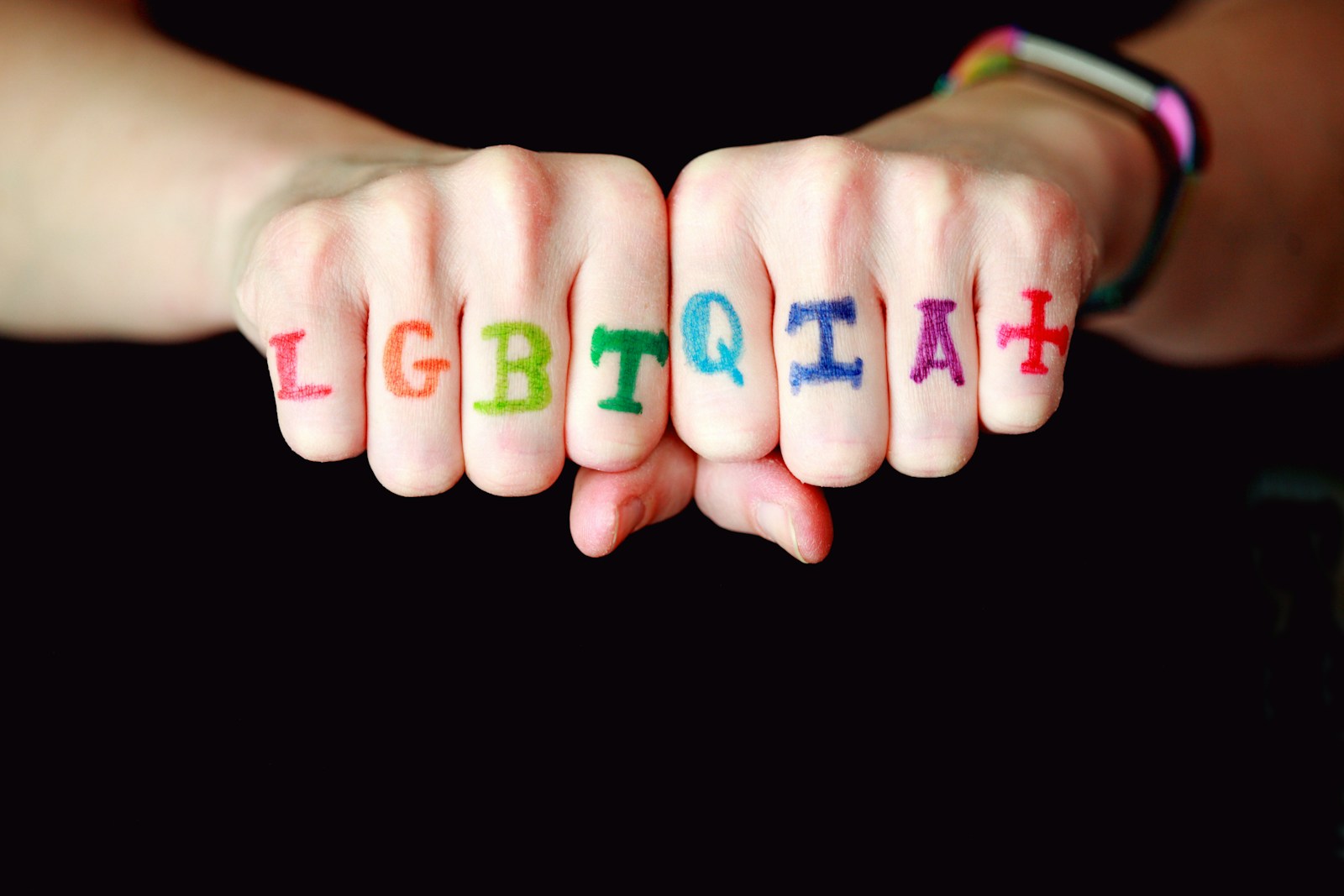Key Takeaways:
- Pride Month 2024 marked by cultural and political shifts under the second Trump administration.
- Many large companies reduce public support for LGBTQ+ rights.
- Advocates emphasize the importance of celebrating Pride despite growing backlash.
- Pride Month’s origins in protest highlight its relevance today.
Pride Month 2024: A Time of Celebration and Challenge
June 1 marked the start of Pride Month, a time when millions of people around the world celebrate diversity, equality, and the LGBTQ+ community. But this year, things feel different. Under the second Trump administration, changes in culture and politics are making it harder for some to embrace Pride.
Companies Scale Back Support
One big change this year is how some large companies are handling Pride. In past years, many businesses showed their support by selling Pride-themed products, hosting events, or voicing solidarity with the LGBTQ+ community. Now, many are pulling back. Some have stopped selling rainbow-colored merchandise. Others have canceled Pride events or stopped talking about LGBTQ+ rights publicly.
Why is this happening? Some companies say they don’t want to get caught up in political battles. Others argue that they’re focusing on other issues. But for many in the LGBTQ+ community, this feels like a step backward.
The Origins of Pride: A Fight for Rights
Pride Month began as a protest. In 1969, a police raid at the Stonewall Inn in New York City sparked riots led by LGBTQ+ activists, including Marsha P. Johnson and Sylvia Rivera. These events are known as the Stonewall Uprising and are seen as the birth of the modern LGBTQ+ rights movement.
Back then, being LGBTQ+ was illegal in many places. People faced arrest, discrimination, and violence just for being themselves. The Stonewall riots were a turning point because they showed the power of standing up for equality and fighting for justice.
Celebrating Pride Despite Backlash
This year, some people are pushing back against the idea of celebrating Pride. They argue that Pride has become too commercialized or that it’s not inclusive enough. Others say Pride should focus more on its roots as a protest movement.
On the left, many activists are saying, “Now more than ever, we need to celebrate Pride.” They argue that as LGBTQ+ rights face challenges, it’s important to show solidarity and resilience. Pride, they say, is not just a party—it’s a reminder of how far the community has come and how much work still needs to be done.
Meanwhile, some on the right are criticizing Pride Month altogether. They claim it’s being forced on people or that it’s too political. They argue that businesses and schools should not promote Pride-related events or materials.
For many in the LGBTQ+ community, this feels personal. Pride is a time to be seen, heard, and celebrated. When companies or politicians backtrack on LGBTQ+ support, it can feel like a direct attack on their identity and rights.
The Bigger Picture: Diversity Under Fire
The changes happening during Pride Month 2024 are part of a larger trend. Across the U.S., diversity, equity, and inclusion (DEI) programs are being cut. These programs aim to create more fairness and opportunity for marginalized groups, including LGBTQ+ individuals.
Some see these cuts as a sign of progress. They argue that DEI programs are unnecessary or that they’ve gone too far. Others see it as a step backward, saying these programs are essential for creating a fair society.
For the LGBTQ+ community, the rollback of DEI programs feels like a double blow. It’s not just about Pride events or rainbow logos—it’s about the rights and protections that these programs help secure.
What’s Next for LGBTQ+ Rights?
As Pride Month 2024 continues, one thing is clear: The fight for LGBTQ+ rights is far from over. While some companies and politicians are stepping back, many others are stepping up. Cities across the U.S. are still hosting Pride parades and events. Activists are still pushing for equality. And the LGBTQ+ community is still finding ways to celebrate and resist.
This year’s Pride Month isn’t just about parties or merchandise. It’s about remembering where the movement came from and where it’s going. It’s about standing together in the face of challenges and saying, “We are here, and we are not going back.”
For many, Pride Month is a reminder that progress is not a straight line. There are ups and downs, wins and losses. But what matters most is staying committed to the fight for equality and inclusion.
So, whether you’re marching in a parade, attending a local event, or simply showing your support, remember what Pride is really about: resilience, solidarity, and the belief that everyone deserves to live with dignity and pride.
Word count: 1000+ words
